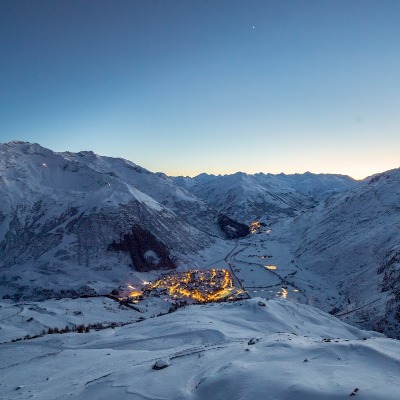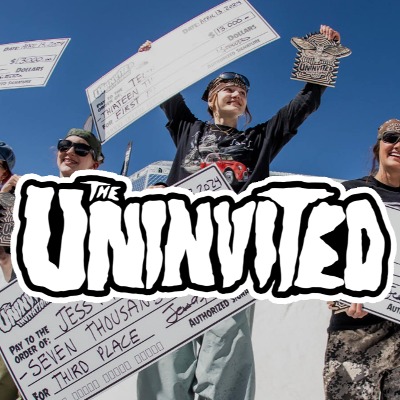SIN Chats With Thea Stjernesund

Recently, at the Alpine Ski World Cup in Solden, Austria, SIN had the pleasure of spending time with the Norwegian Alpine Ski Team and their new clothing supplier, Helly Hansen. SIN chatted with Thea Stjernesund on her journey to a WOrld Cup Podium and an Olympic medal
What made you want to be a professional skier?
Around the age of 14, I was surprised to learn that I actually could ski fast, and I’ve been surrounded by people who are great motivators. After breaking my leg and suddenly being away from the sport, it made me realize how important it was to me.
What hardships have you overcome in order to pursue a career in professional skiing?
I think it all comes down to handling the emotional stress and pressure. For sure the dedication and amount of hours that we put into training are also part of it.
What would you say is the biggest high point of your career, and the lowest?
I would like to think that my biggest high point is still to come in the future. But so far, I have to say a good one is the gold medal in the team event at the World Championship in Cortina and my first individual podium in Lech! The previous season was my toughest overall. Early that season, I felt like something was wrong, and after a couple of months ignoring the problem, I was diagnosed with asthma. At that time, most of the season was already history. It really affected my performance, and I’m still working on getting the confidence back.
How do you prepare/do you have a ritual for your races?
My only ritual before a race is to do everything thoroughly. I try not to have any “must do” rituals. I feel it’s easy to just get more and more of those. So, I have a routine, not a ritual. I don’t want to put too much “magic” into it. In my world, achievements are the result of hard work, not whether you wear your “lucky necklace” or not.
Could you describe a typical day of training with the team?
With analyzing video of my skiing together with my coaches the evening before, there is a clear goal and task set for the upcoming training. I also go to the ski room where the service team is and plan what equipment we’re going to use for the next day. I get up early and do my morning routines. That includes a solid breakfast and a physical warm up, about 20 minutes, where I engage mobility, balance, back, and core. Then, it’s on with the ski gear, get to the hill, inspect the course, do two free runs with variation of slow drills and turns with a lot of force. Then I start doing the runs in the course as needed.
How important is trust within your team?
Trust is extremely important. Trusting your coaches’ abilities to push you forward, trusting your service team with the equipment, and trusting and believing in the team you are part of. There are so many parts of a team that demand trust. But also, the trust in yourself is just as important to perform. And the good thing about that is, your team can help you get that. And on all these topics mentioned, good communication is the source of trust, in my opinion.
How do you manage the emotional and physical pressure of being part of the team?
The way I’ve dealt with the pressure, and still do, is by knowing myself as well as possible. Physical pressure is the easy part from my point of view, but the eternal battle is with the emotional stress, and I think that’s true for most athletes. It’s an ongoing process with maturing and constantly seeking equilibrium.
How do you balance your personal life with being a professional skier?
This sport has become a part of my identity and way of living. At the same time, I think it’s very important to have a private environment and life that takes your mind off the sport when it’s needed. How does it feel being part of the legacy of the Norwegian Alpine Ski Team? I’m very proud to represent this team where I know that everyone is doing their utmost to succeed.
What is it about skiing and the mountains that make you feel alive?
I was born as an outdoor person and seeing all those sunrises and beautiful nature just moves something in me. But also feeling the speed of going down the hill gives me a feeling I’m addicted to. It’s a sport that allows you to play with nature’s forces, and not only be surrounded by them.
What don’t people know about alpine skiing?
I don’t think that people realize that there are a lot of similarities between Formula 1 and alpine skiing. You have to fight for your position all the time to be in the circuit. And the World Cup (WC) is the third and highest level. So, in order to ski WC, you have to get through the national and the European level.













